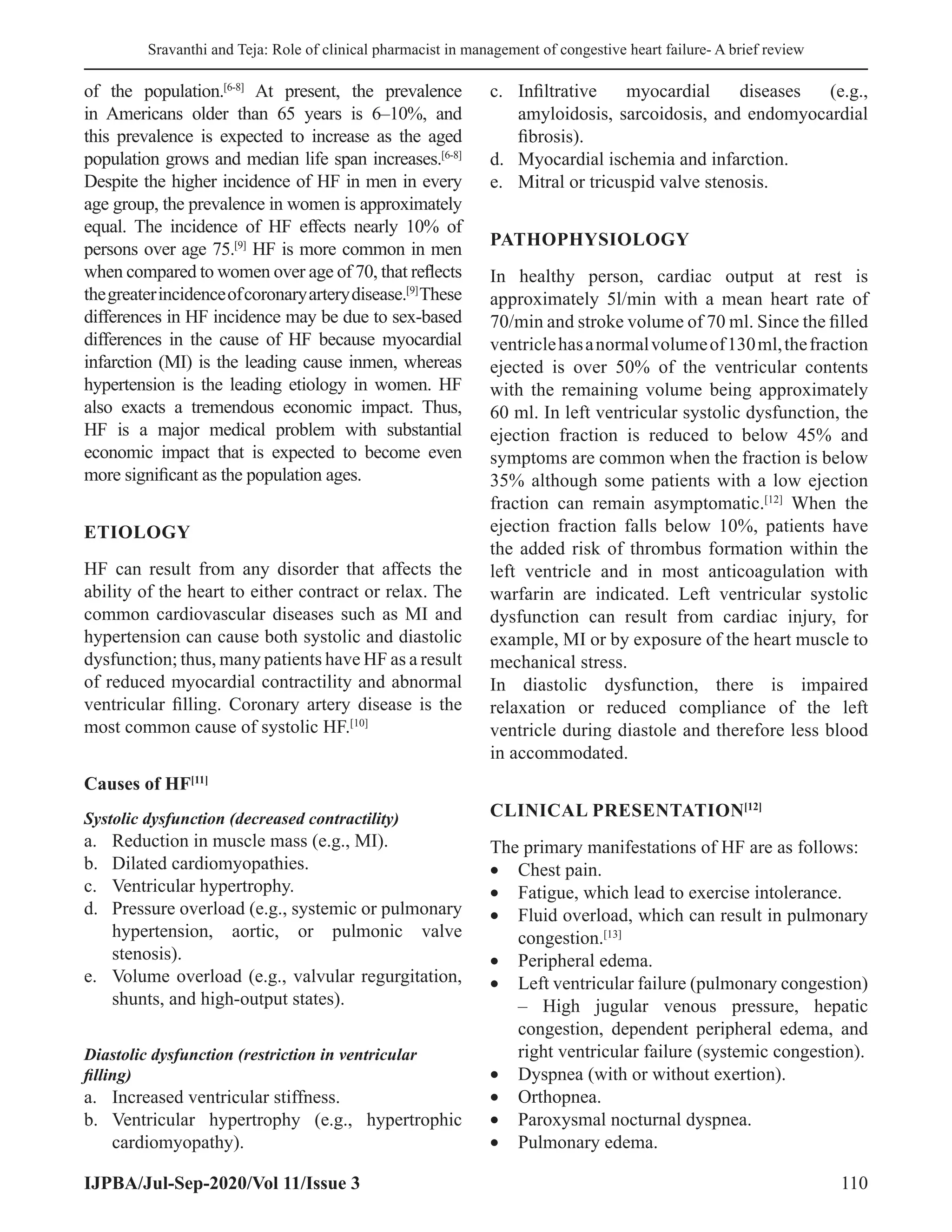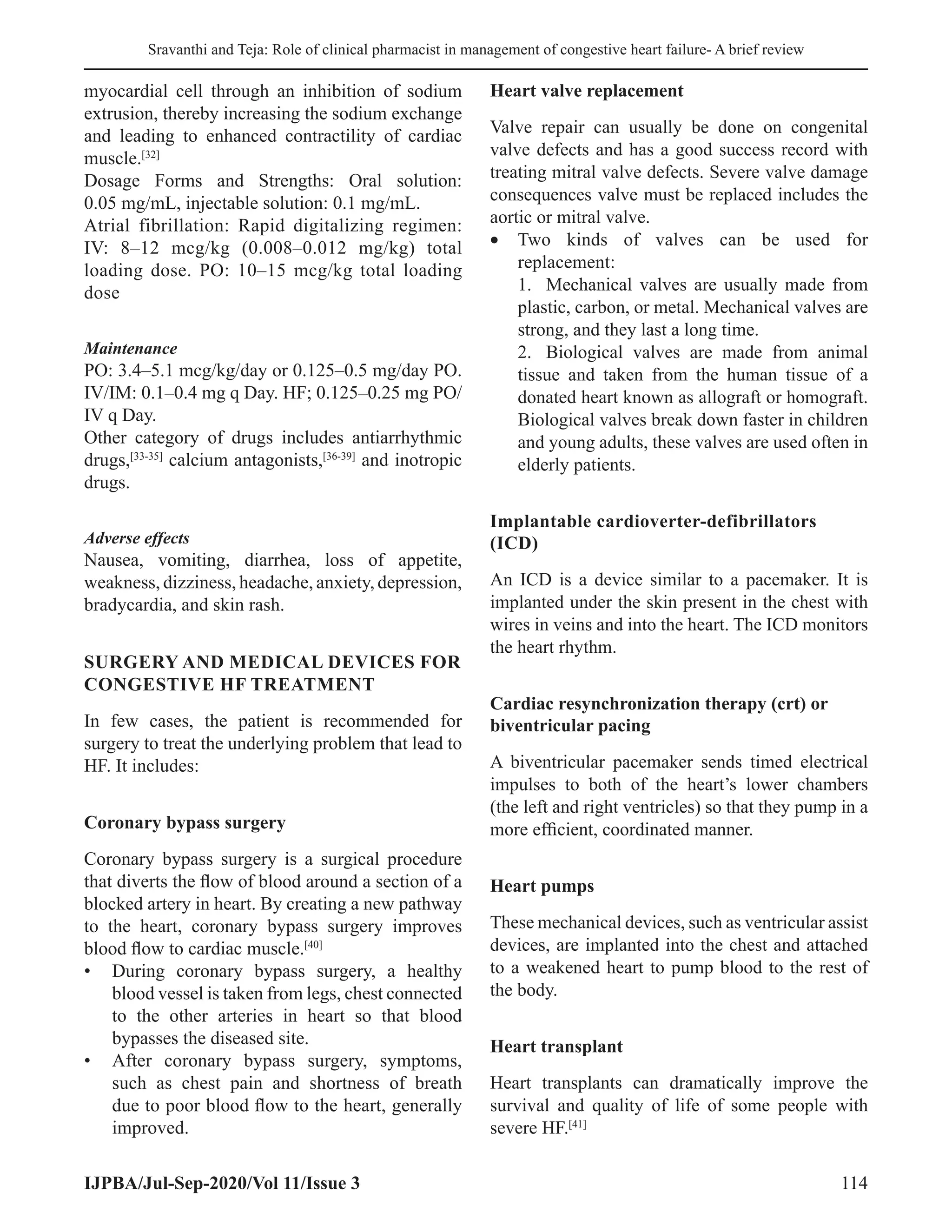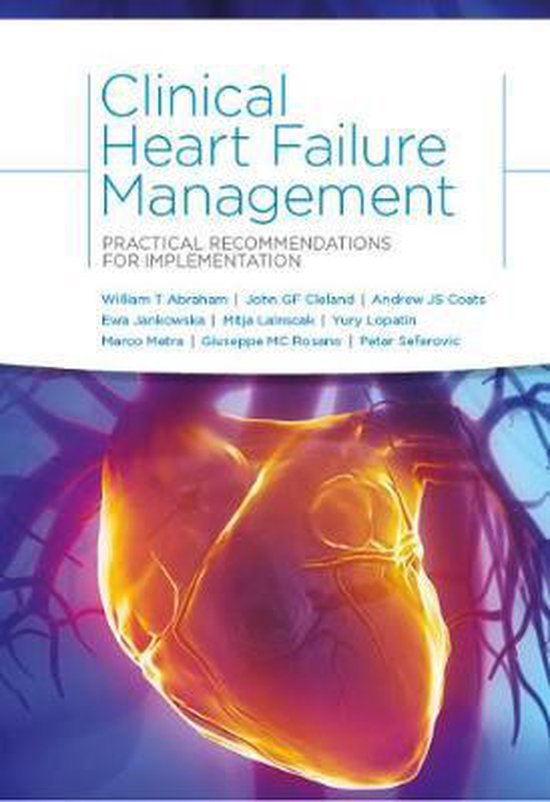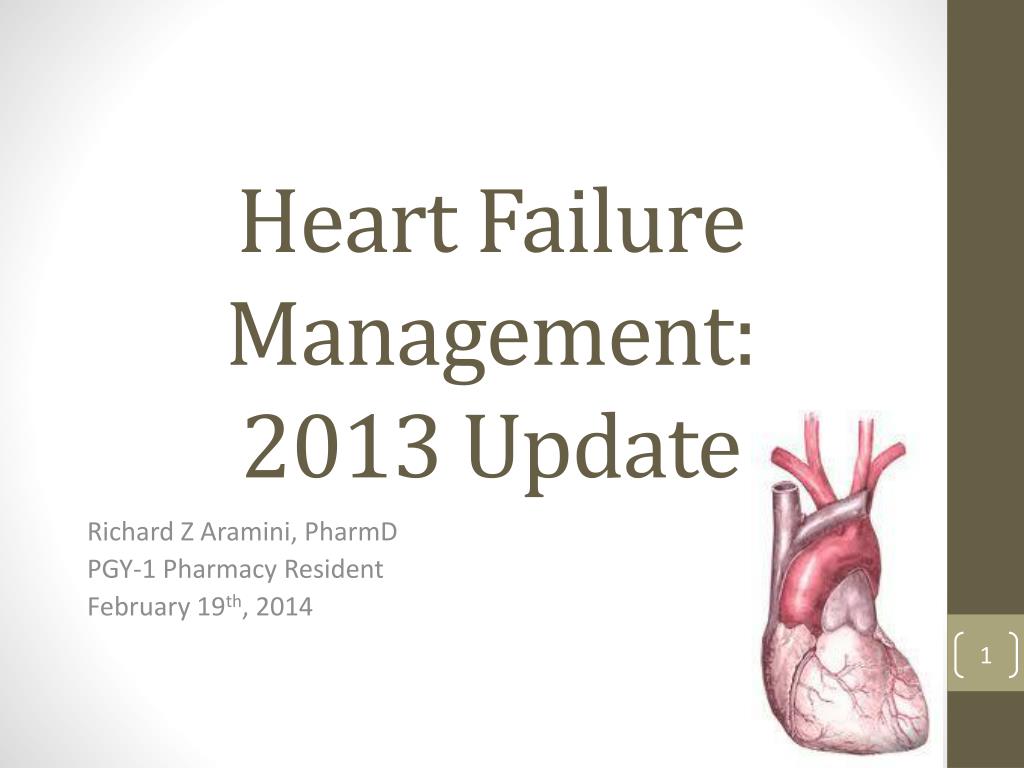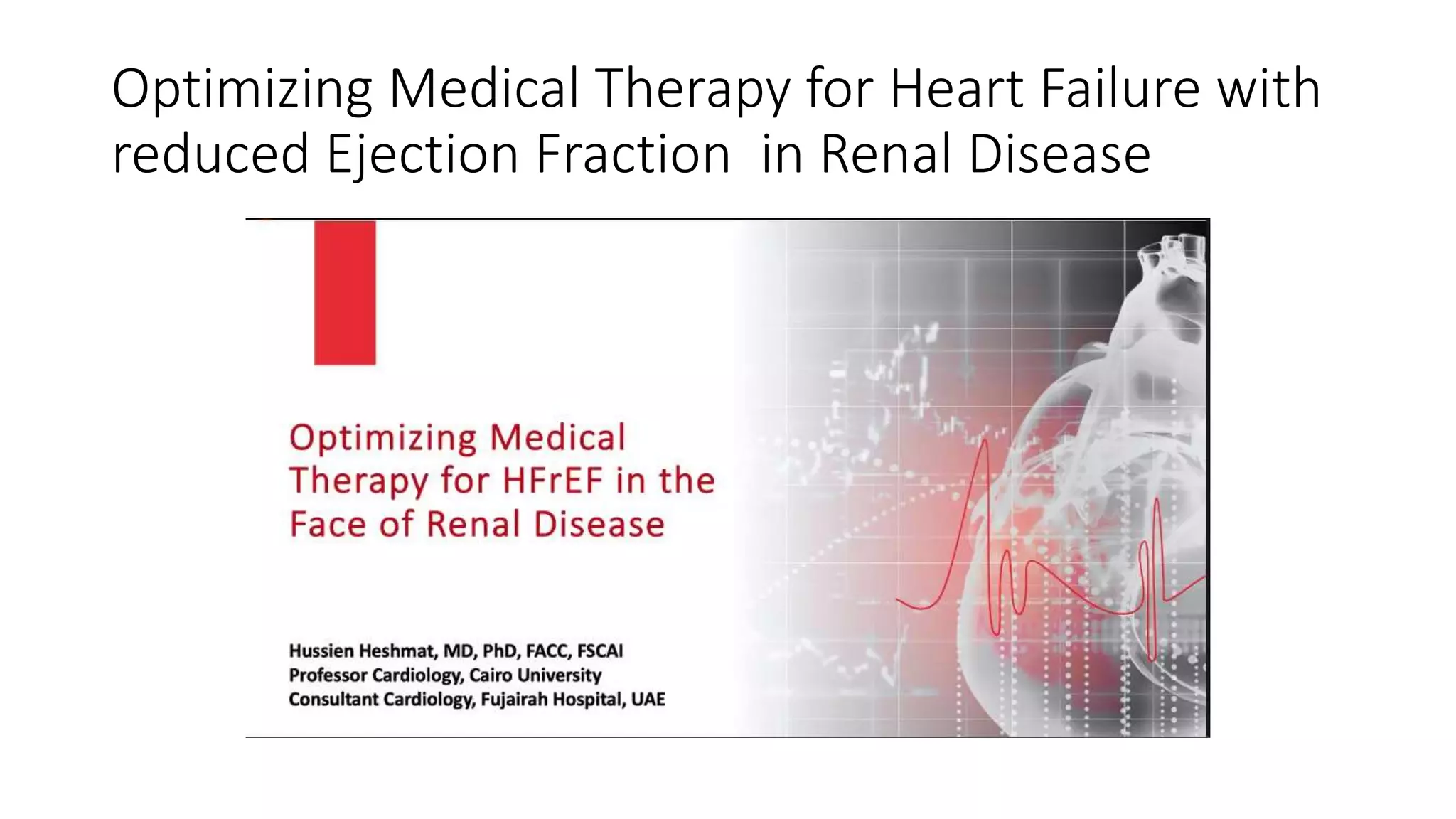Optimizing Heart Failure Management A Review Of The Clinical Pharmacist

Heart failure, a chronic and progressive condition affecting millions worldwide, demands meticulous management. Pharmacists, particularly clinical pharmacists, are increasingly recognized as crucial players in optimizing patient outcomes. A recent review highlights the expanding role of these specialists in mitigating the burden of this debilitating disease.
This article examines the key findings of the review, focusing on how clinical pharmacists contribute to improved heart failure management. We will explore their involvement in medication optimization, patient education, and multidisciplinary care teams. The analysis will also consider the potential impact of these interventions on patient health and healthcare costs.
The Expanding Role of Clinical Pharmacists
Clinical pharmacists are not simply dispensers of medications. They are highly trained professionals with specialized knowledge of pharmacology and therapeutics. In the context of heart failure, their expertise extends to medication reconciliation, dose adjustments, monitoring for adverse effects, and ensuring adherence to complex treatment regimens.
The review emphasizes the importance of medication optimization. This involves tailoring drug therapy to individual patient needs, considering factors such as age, comorbidities, and kidney function. Clinical pharmacists work closely with physicians and other healthcare providers to ensure that patients receive the most appropriate medications at the optimal doses.
Medication Management and Reconciliation
One of the most significant contributions of clinical pharmacists is in medication reconciliation. This process involves systematically reviewing all medications a patient is taking, including prescriptions, over-the-counter drugs, and supplements. The goal is to identify and resolve any discrepancies, duplications, or potential drug interactions that could compromise patient safety.
Heart failure patients often take multiple medications to manage their symptoms and underlying conditions. This polypharmacy increases the risk of adverse drug events, making medication reconciliation a critical component of care. Clinical pharmacists are uniquely positioned to perform this task, leveraging their knowledge of drug interactions and pharmacokinetics.
Patient Education and Adherence
Effective heart failure management requires patients to actively participate in their own care. This includes understanding their medications, monitoring their symptoms, and making lifestyle modifications. Clinical pharmacists play a vital role in educating patients about their disease and treatment plan.
They provide clear and concise information about the purpose of each medication, how to take it correctly, and potential side effects to watch out for. Furthermore, pharmacists can help patients develop strategies for managing their symptoms and adhering to their medication regimen. Improved adherence leads to better outcomes and reduced hospitalizations.
Multidisciplinary Care Teams
The review underscores the importance of a multidisciplinary approach to heart failure management. This involves collaboration among physicians, nurses, pharmacists, dieticians, and other healthcare professionals. Clinical pharmacists are integral members of these teams, providing valuable insights and expertise.
By working collaboratively with other members of the care team, clinical pharmacists can help to ensure that patients receive comprehensive and coordinated care. This approach can lead to improved patient outcomes and reduced healthcare costs. The integration of pharmacists into multidisciplinary teams can bridge gaps in care and prevent medication-related problems.
Impact on Patient Outcomes and Healthcare Costs
Numerous studies have demonstrated the positive impact of clinical pharmacist interventions on heart failure outcomes. These studies have shown that pharmacist involvement can lead to reduced hospital readmission rates, improved medication adherence, and enhanced quality of life.
Moreover, pharmacist interventions can also result in significant cost savings. By optimizing medication regimens and preventing adverse drug events, clinical pharmacists can help to reduce the overall cost of care for heart failure patients. These cost savings can be realized through reduced hospitalizations, fewer emergency room visits, and decreased utilization of other healthcare services.
"The integration of clinical pharmacists into heart failure management is not just a nice-to-have, it's a necessity," says Dr. Emily Carter, lead author of the review. "Their expertise in medication management, patient education, and multidisciplinary care teams is essential for optimizing patient outcomes and reducing the burden of this disease."
Conclusion
The review provides compelling evidence for the crucial role of clinical pharmacists in optimizing heart failure management. Their contributions to medication optimization, patient education, and multidisciplinary care teams have been shown to improve patient outcomes and reduce healthcare costs. As the prevalence of heart failure continues to rise, the demand for skilled clinical pharmacists in this area will only increase.
By expanding the role of clinical pharmacists in heart failure care, healthcare systems can improve the quality of life for patients with this chronic condition. Ultimately, this integrated approach will reduce the economic burden of heart failure on society. Further research is needed to explore new ways clinical pharmacists can contribute to improve patient care.

